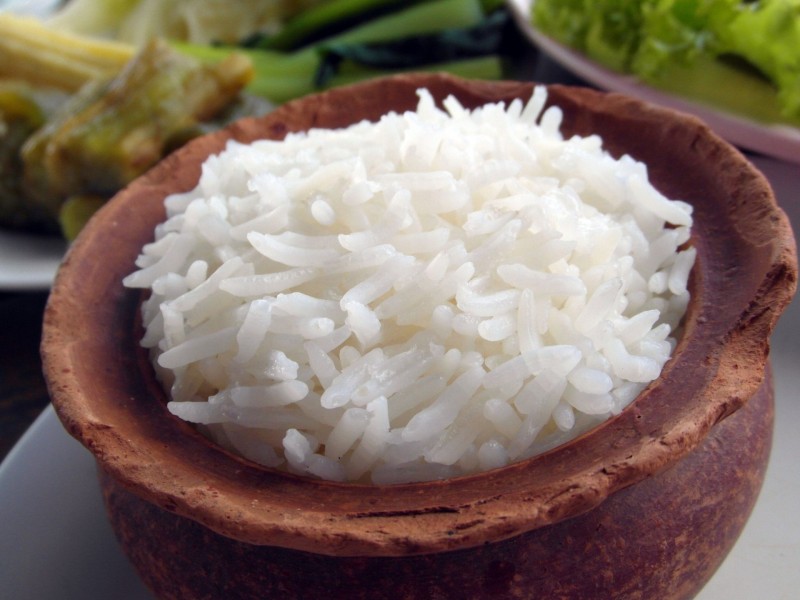
Rice is a dietary staple in many parts of the world, known for its versatility and affordability. However, one common question that often arises is whether rice contains fat and, if so, how much. In this expert analysis, we will delve into the details to provide you with a clear understanding of rice's fat content and its implications for your diet.
Before we dive into the fat content of rice, let's establish some fundamental knowledge about this popular grain.
Rice is a cereal grain that is a staple food for over half of the world's population. It is primarily grown in Asia but is consumed globally in various forms, such as white rice, brown rice, and wild rice.
Rice is a carbohydrate-rich food, primarily composed of starch. It is also a good source of energy due to its carbohydrate content. However, its fat content is relatively low compared to other food groups.
Now, let's address the burning question: Does rice contain fat?
Rice is naturally low in fat. In fact, one cup of cooked white rice typically contains less than 1 gram of fat. Brown rice, which retains its outer bran layer, has slightly more fat, but it's still a minimal amount.
The small amount of fat found in rice is mostly unsaturated fat, which is considered heart-healthy. Unsaturated fats can help lower bad cholesterol levels and reduce the risk of heart disease when consumed in moderation.
Understanding the fat content in rice is important, but it's equally crucial to comprehend the broader context of fats in your diet.
Dietary fat is an essential macronutrient that your body needs for various functions. Fats play a role in energy production, the absorption of fat-soluble vitamins (A, D, E, and K), and the maintenance of healthy cell membranes.
While rice is low in fat, it's essential to maintain a balanced diet that includes a variety of foods. Moderation is key when it comes to dietary fat intake. Consuming a wide range of nutrients ensures that your body receives all the essential components for optimal health.
Now that we've established that rice is not a significant source of fat, let's explore how it can fit into a healthy diet.
Rice is primarily composed of carbohydrates, making it an excellent source of energy. It provides complex carbohydrates that are digested slowly, helping to maintain stable blood sugar levels.
Brown rice, in particular, is a good source of dietary fiber, vitamins, and minerals. These nutrients contribute to overall health and well-being.
In conclusion, rice is not a significant source of fat. It is a carbohydrate-rich food that can be part of a balanced and healthy diet. When consumed in moderation and in conjunction with a variety of other foods, rice can provide valuable energy and nutrients without contributing to excess fat intake.
Remember that a well-rounded diet that includes a variety of foods is key to maintaining good health. So, enjoy your rice dishes in moderation and pair them with other nutritious foods for a well-balanced diet.
Janmashtami 2023: What to Do and Avoid During Fasting
If you also suffer from migraine, then remove these things from your diet and throw them away